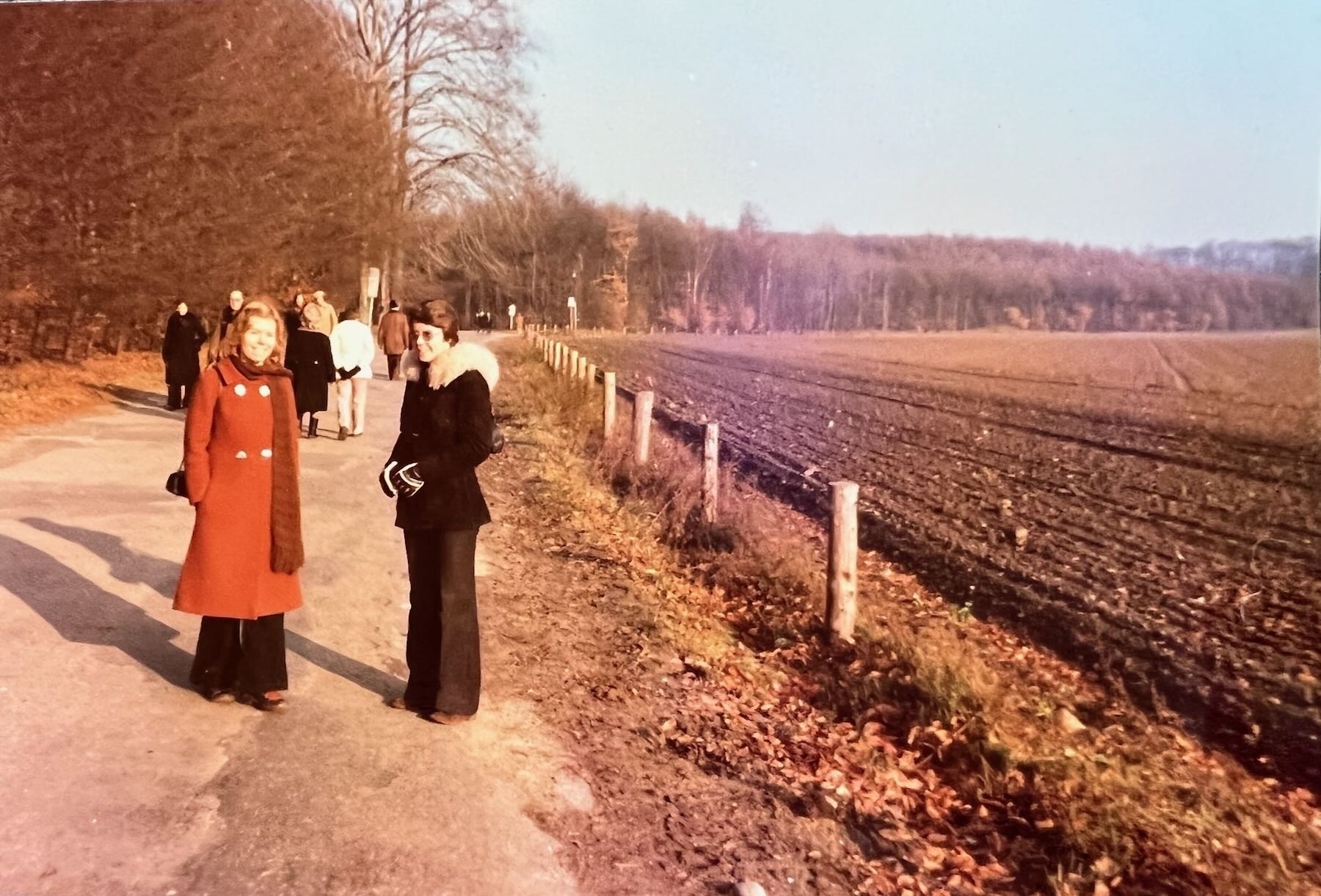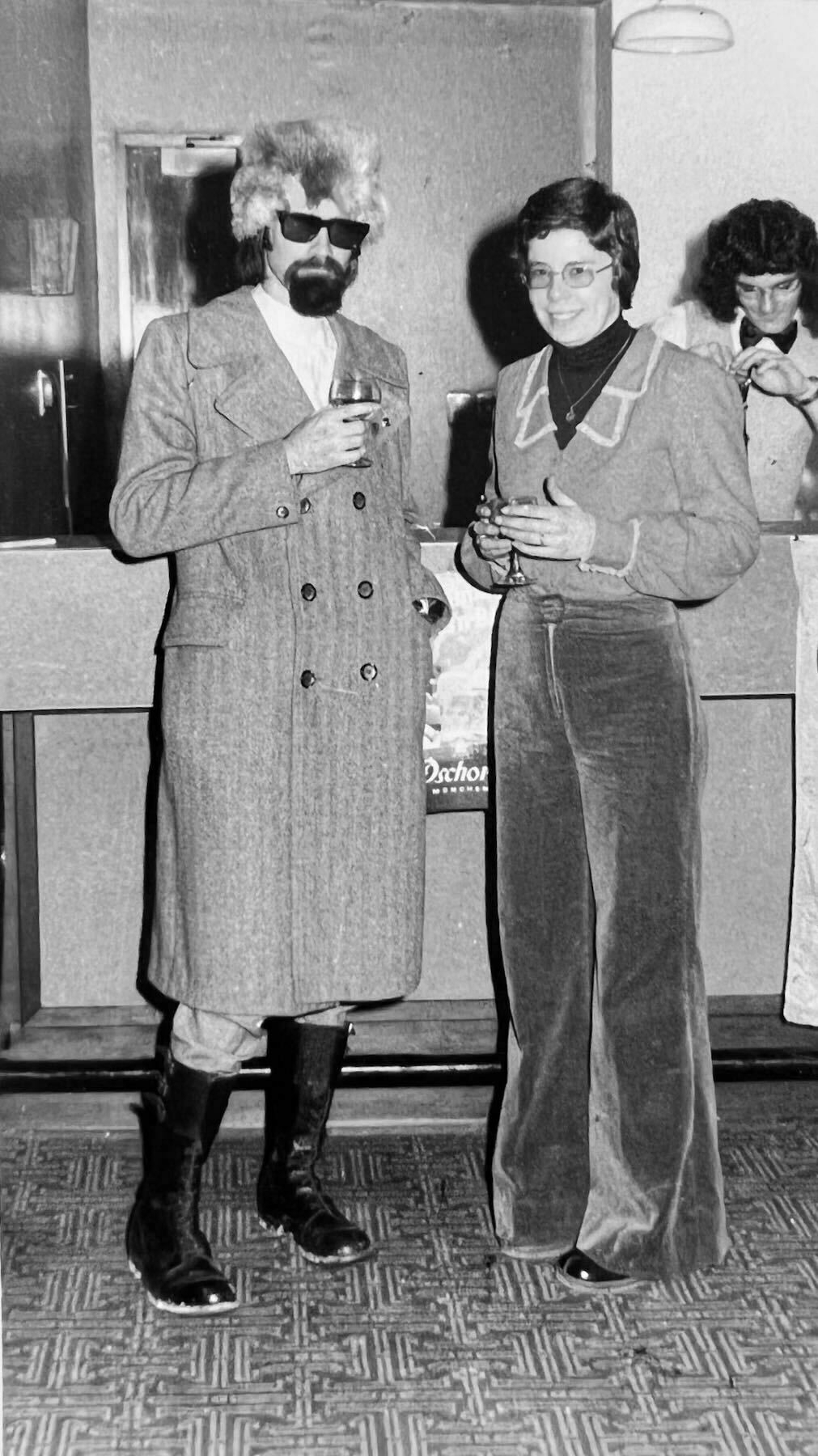The information switch
The other day I was reading a book set on a cruise ship on the Rhine in Germany. At one point the characters did some interesting sightseeing tour and I flashed back to the year I spent in Düsseldorf am Rhein in 1976. I didn't do nearly enough exploring, finding sights, learning what I should see and visiting. I didn't tour much to other nearby or more distant places either.
Now, some 45 years later, I see that as perhaps a wasted opportunity. Why didn't I go further afield?
As I thought about it a bit I realised I should give myself some leeway. For one thing, I was 21 at the time. Who knows anything when they're 21? It's easy to look back decades later and make judgements.
I'd led a sheltered life, in a family not known for 'doing things'. It wasn't exactly 'in my blood' to go exploring and adventuring. And actually, travelling to the other side of the world, on my own, was a big adventure in its own right. [With a degree in University-style German I spent a good 3 months feeling like a nun under a vow of silence. I'd learned to critique Goethe auf deutsch but couldn't ask how to find the toilet or the cost of a pair of jeans.]
It wasn't like I never went anywhere either. I travelled by car with friends from university to France and Spain at one point.
But just keeping myself alive in a foreign country was actually the big adventure.
Then I thought about information. Today when I want to find out something my first port of call is the Internet. You can find out anything (pretty much) on the Internet, and one thing leads to another to another. The information available is easily overwhelming. The skill is to sift and sort and judge the masses of information.
Have I already forgotten that in 1976 when only a few hundreds (or maybe thousands) of people even knew that the Internet, or its precursors, existed you needed skill and knowledge to figure out how to find out anything in the first place?
In 1976 if I wanted to learn about sights to see in and around Düsseldorf I would have to first work out *where* I might find that information. Perhaps an encyclopedia or a guide book. Then I would have to source a book like that. That may well require a trip to a Library or bookshop. How would I get to that place? How would I afford the cost? How long might I have to wait for the book to be ordered in?
I could go to the library and ask a librarian — they were once the keepers of all knowledge, of course. But perhaps the encyclopedia would be in use by another library user, or the guide book might be out on loan.
Or perhaps I could locate a person who had visited Düsseldorf? How would I do that? Where would I find them? How would I approach them to talk to me and share their knowledge?
The World Wide Web was invented a little over 30 years ago, making the previously difficult to use and primarily academic Internet a matter of pointing and clicking. Even then it was another decade or so before it really came into its own.
I spent the first two thirds of my life in an environment where information was difficult to come by, requiring skills in even knowing where to start to look to find answers.
Now I take it for granted that if some minor, major, obscure or other bit of information is needed to make my day complete all I have to do is type and click to have it in front of me in seconds.
How readily we adapt to change. 21-year-old Miraz was doing her best with what she knew and what she had available. I won't judge my younger self too harshly after all.

Bonus photo.
